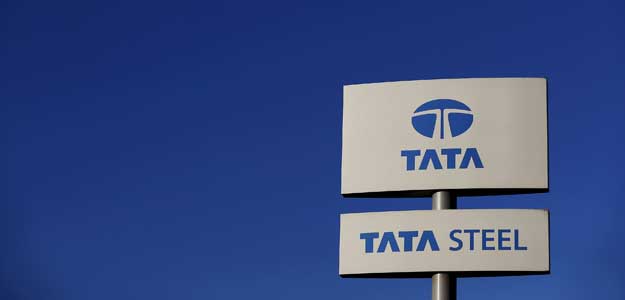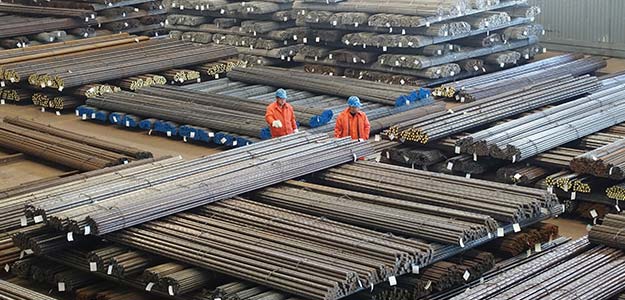Mumbai: Reserve Bank on Tuesday said there has been an improvement in India Inc’s leverage in 2015-16 and the overall risks in the corporate sector have also moderated over the fiscal.
“The proportion of ‘leveraged’ companies declined sharply from 19 per cent in March 2015 to 14 per cent in March 2016,”
Reserve Bank said in its Financial Stability Report (FSR), brought out on behalf of the Financial Stability and Development Council.
Going by the share in total debt as well, their share came down to 20.6 per cent from 33.8 per cent, it said.
A leveraged company is one which has negative net-worth or a debt to equity ratio exceeding 2 and the RBI took the listed non-government and non-financial companies in its analysis.
The proportion of debt of highly leveraged companies (those from the leveraged lot having a debt to equity ratio of over 3) came down to 19 per cent from 23 per cent, it said.
Further, an analysis of the current trends in debt servicing capacity and leverage of ‘weak’ companies indicated some improvement in 2015-16, it said.
The report said 15 per cent of the companies were ‘weak’ (defined as those having interest coverage ratio of less than one) at the end of March 2016, which is down from the 17.8 per cent level in March 2015.
The banks undertook a massive exercise in which they were asked to identify the debts of 130 high exposure clients as bad assets by the RBI in the December and March quarters of the fiscal as part of an asset quality review.
The FSR said the iron and steel industry had high leverage as well as interest burden, followed by other sectors like construction, power, telecommunication and transport industries.
The FSR also came up with a corporate sector stability indicator and map which is indicating that the overall risks to the corporate sector are moderating, but risks on account of low demand and liquidity pressures continue.
However, an analysis of the companies by the Ministry of Corporate Affairs data (which covers the entire universe beyond the listed ones), indicated that there has been an increase in leverage trends in 2014-15 over the earlier 12 months.
Unlike listed companies, which have to report their earnings on regular intervals, data from the Registrar of Companies is generally dated.



